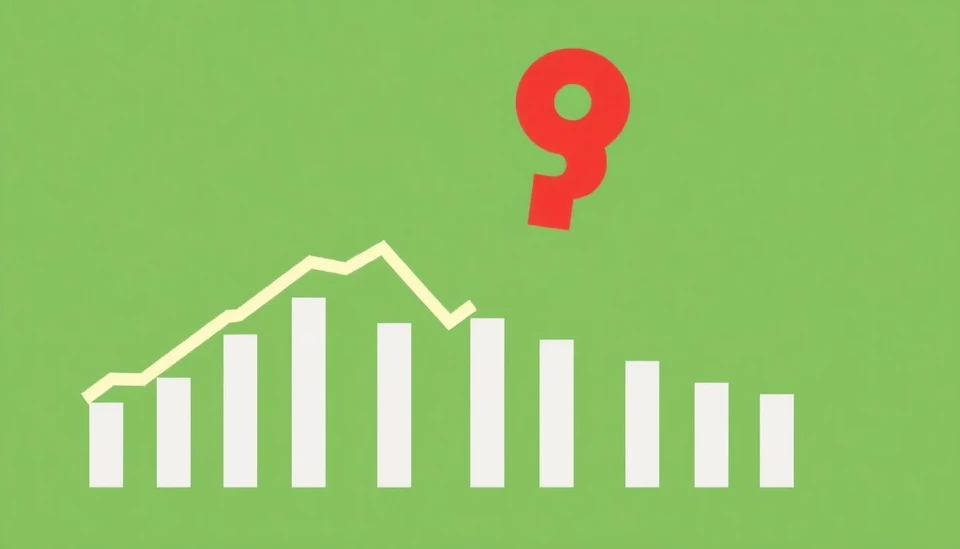
In a significant turn of events for the housing market, mortgage rates in the United States have recently declined, providing much-needed relief for potential homebuyers who have been grappling with high borrowing costs. According to data released by Freddie Mac, the average 30-year fixed mortgage rate fell to 7.22% last week, down from 7.36% the previous week. This decrease marks the lowest level seen since early November, and while it may not seem drastic, even slight reductions can have a notable impact in the current economic climate.
The ongoing rise in mortgage rates throughout 2023 had already placed considerable strain on home affordability, pushing many would-be buyers out of the market. The pressure has been acutely felt, especially as many individuals faced financial constraints exacerbated by higher interest rates, making it increasingly difficult to secure a home without significant financial burden. With this recent dip, however, a glimmer of hope appears to be emerging for those eyeing homeownership.
This decline may be attributed to various factors, including shifts in economic conditions and adjustments in Federal Reserve policies aimed at combating inflation. In recent months, economic indicators, such as labor market trends and consumer spending patterns, have shown signs of moderation. This moderation may prompt the Fed to reconsider its approach, potentially stabilizing rates in the near future and fostering a more favorable environment for homebuyers.
Real estate experts are optimistic that lower mortgage rates could stimulate increased activity in the housing market. As the cost of borrowing becomes more manageable, more individuals may feel empowered to make the leap into homeownership, which could, in turn, invigorate the housing market that has seen sluggishness amid rising rates.
Despite this positive shift, challenges remain. The housing market continues to grapple with limited inventory, which has been a persistent issue over the past few years. With fewer homes available for sale, competition among buyers is likely to remain fierce, potentially offsetting some of the benefits that lower mortgage rates might bring.
Additionally, while the current decline in rates is promising, experts caution that homebuyers should remain vigilant and consider the potential for fluctuations in the future. Economic factors can be unpredictable, and the landscape of mortgage lending is constantly evolving. As such, potential buyers are encouraged to conduct thorough research and remain aware of market trends when making decisions regarding home purchases.
In summary, while the drop in mortgage rates is a welcome change for many, the interplay of various economic factors and the ongoing challenges of inventory and competition will play crucial roles in shaping the future of the housing market. As we move forward, all eyes will be on how both consumers and the housing sector respond to these shifting dynamics.
#MortgageRates #Homebuyers #HousingMarket #InterestRates #RealEstate #AffordableHousing #Homeownership
Author: Rachel Greene




